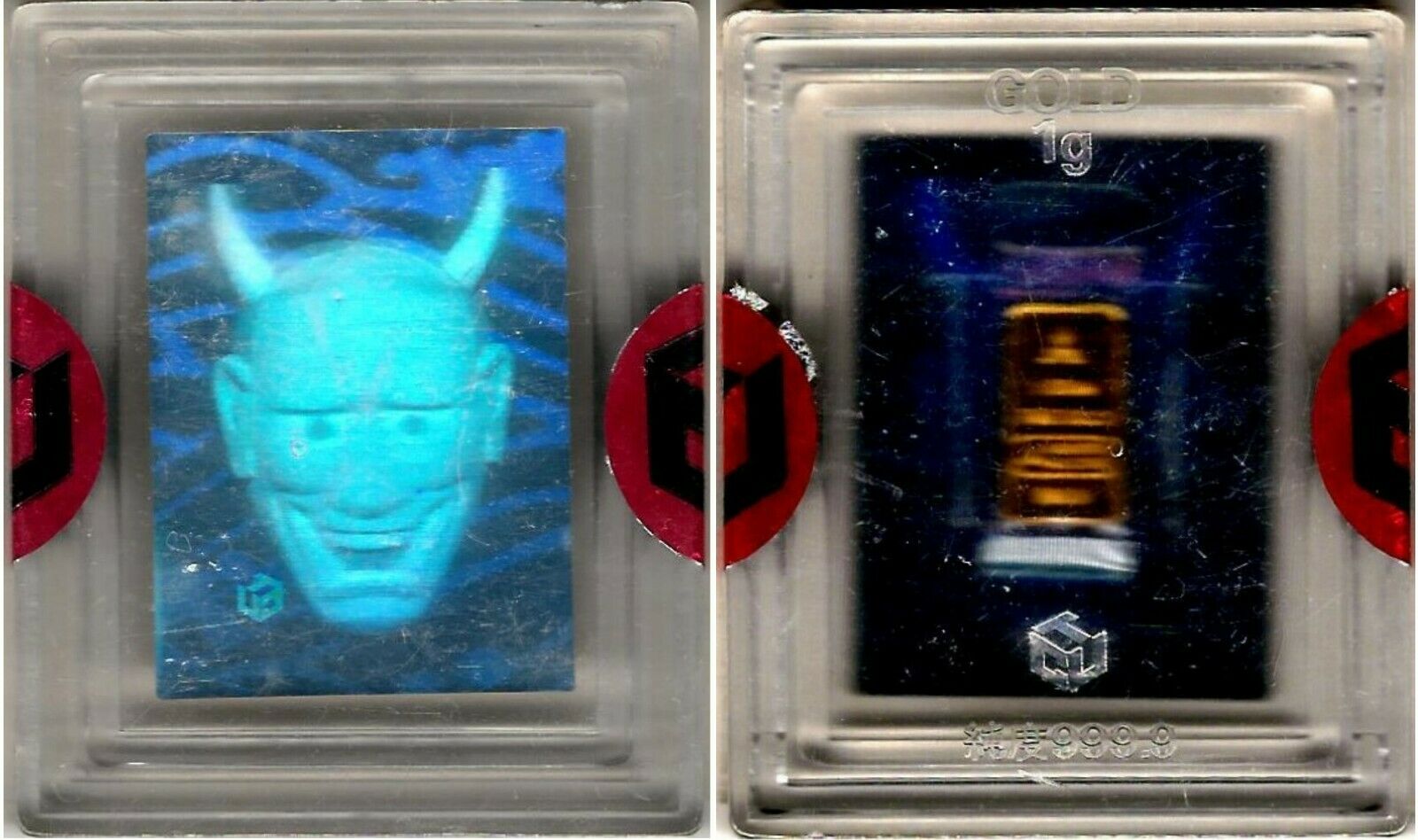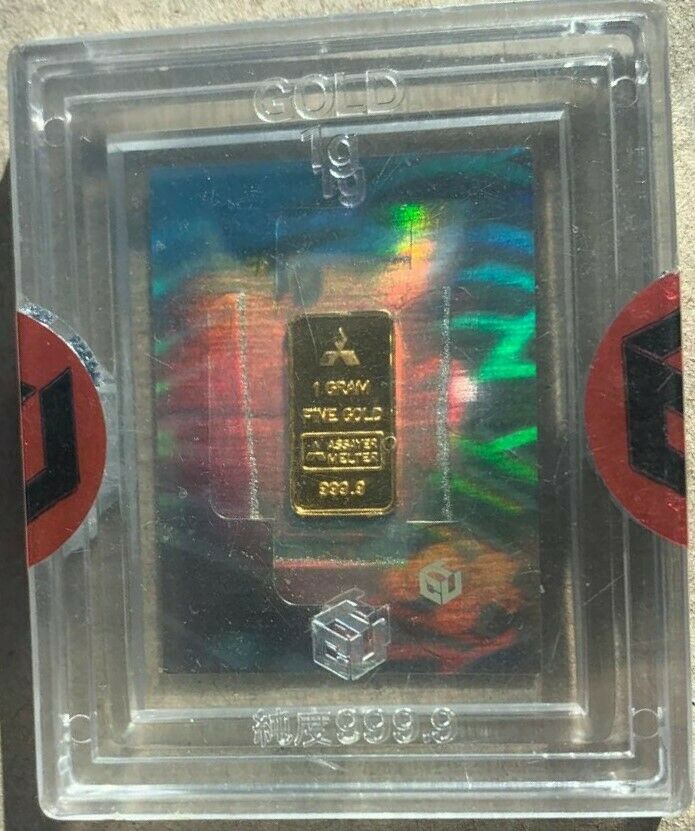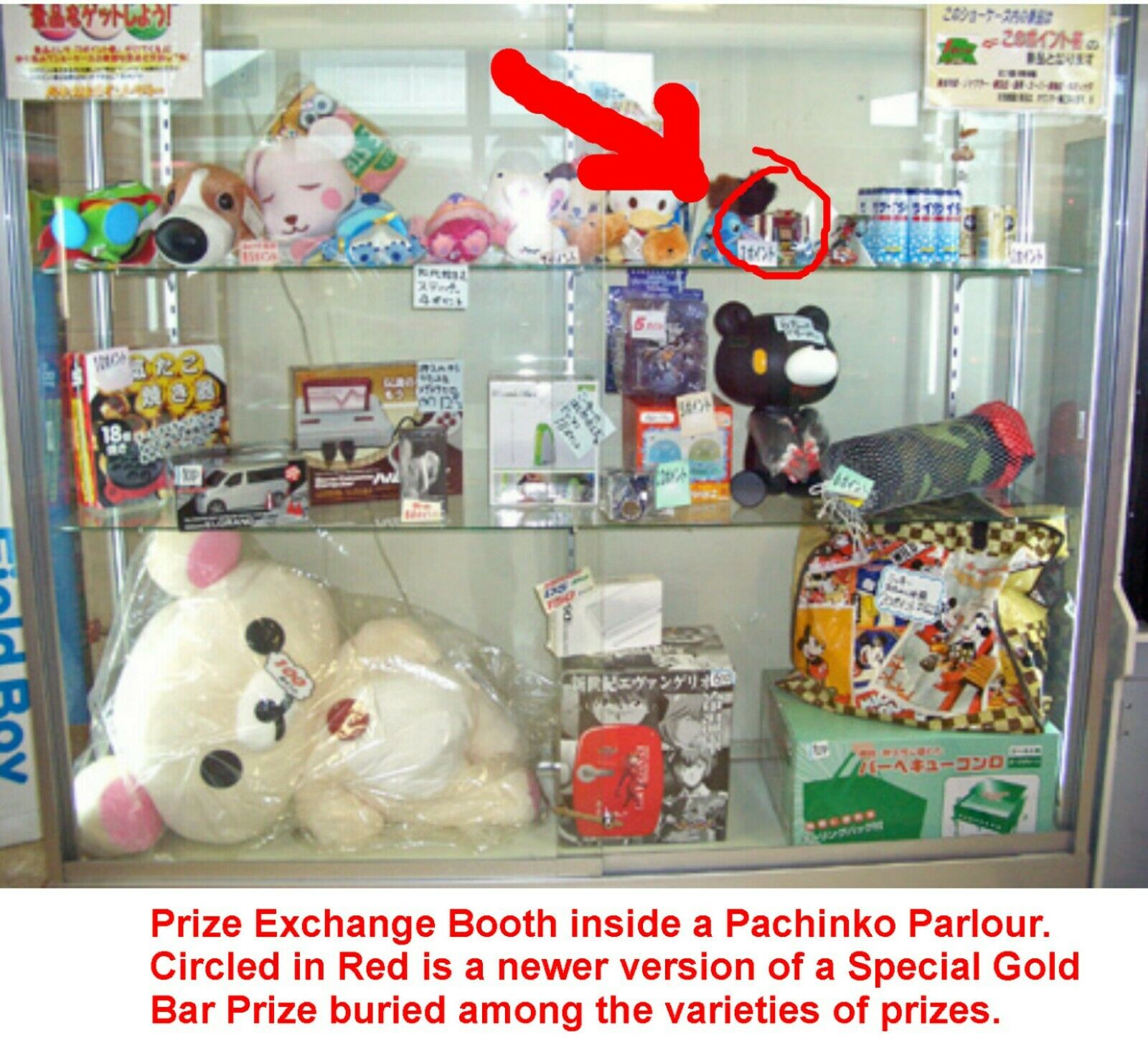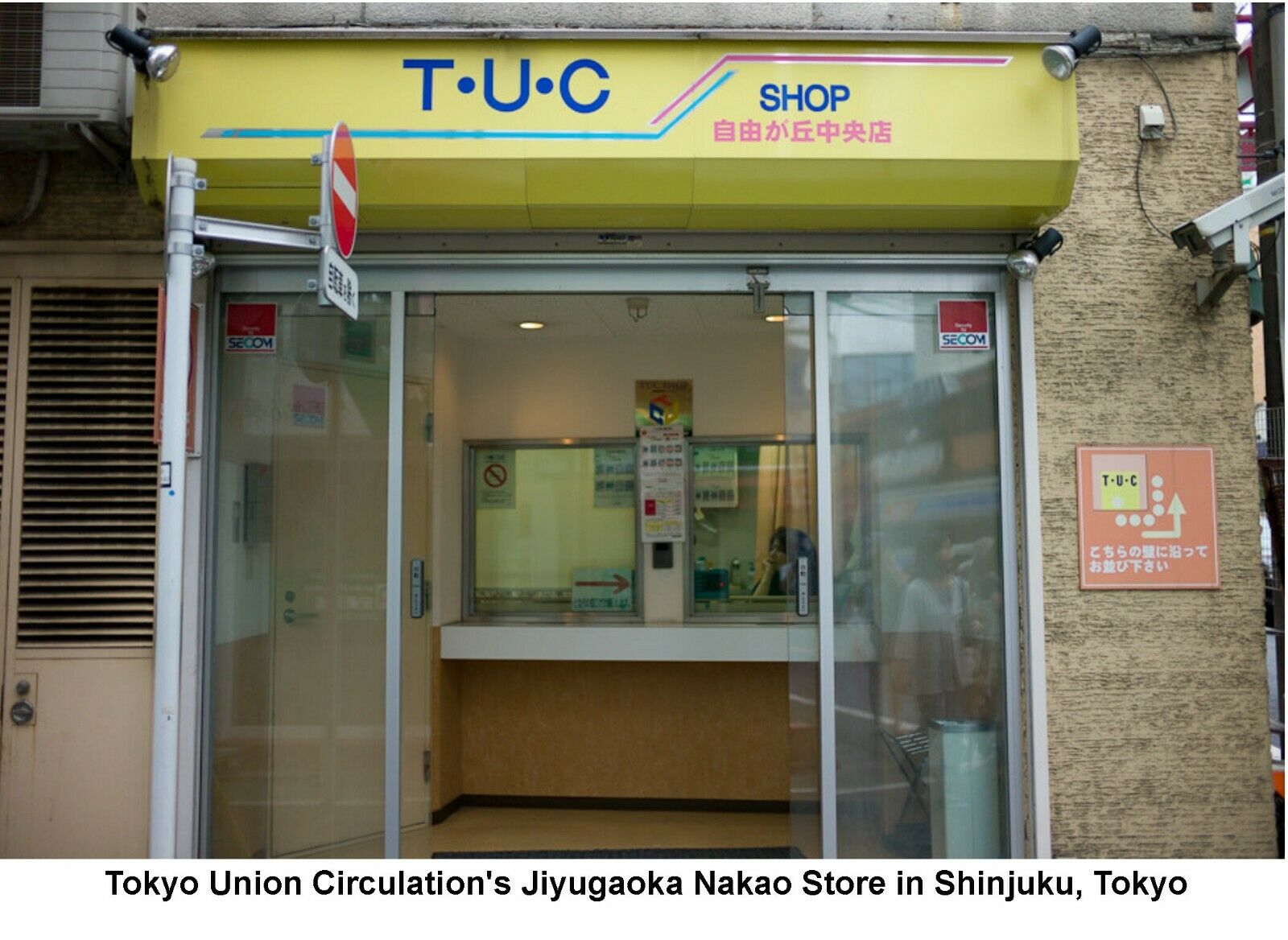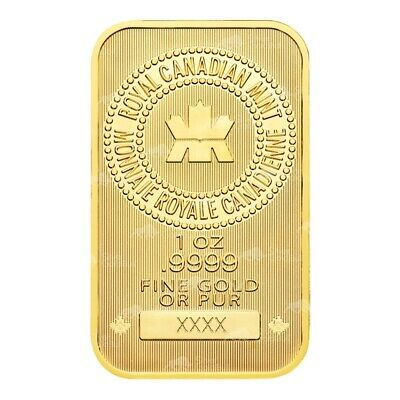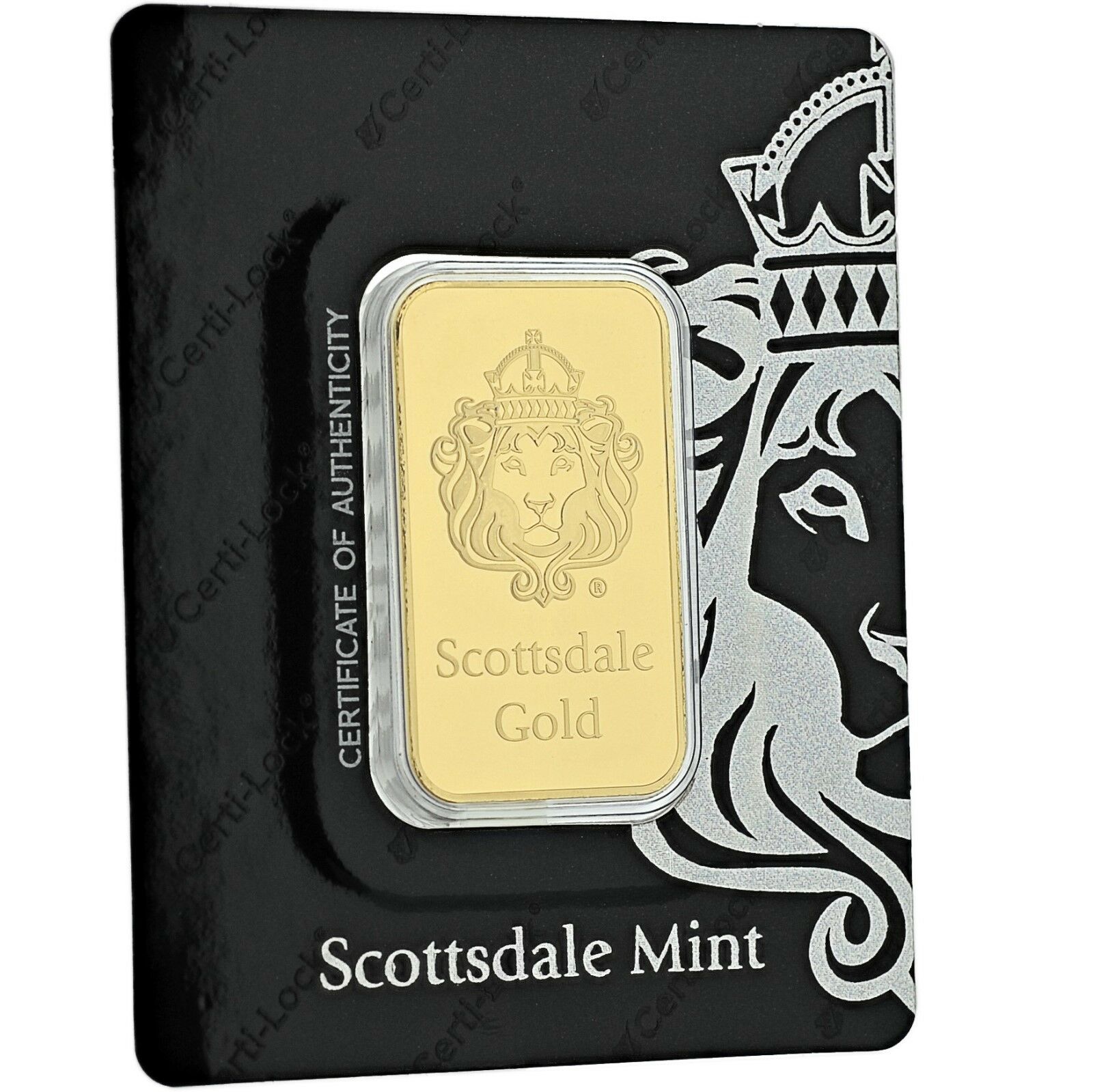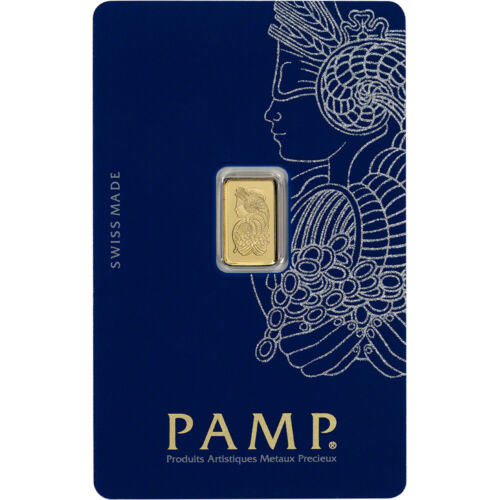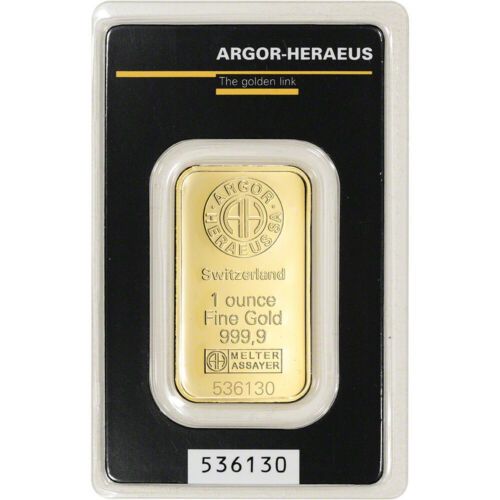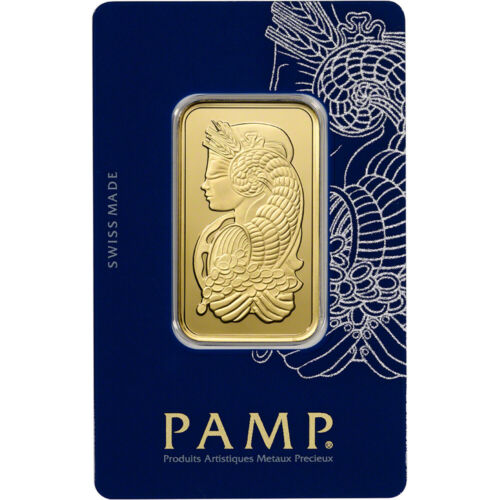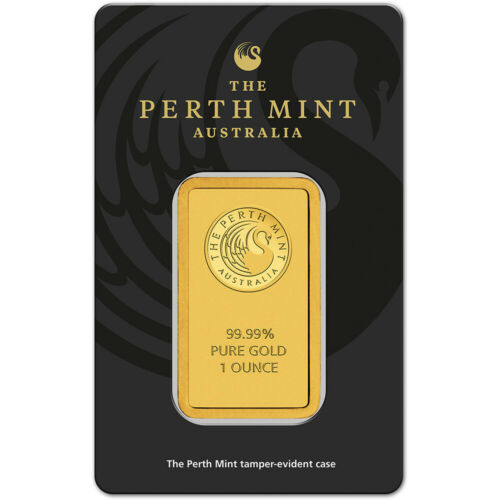-40%
Historic Mitsubishi Gold Bar, 1.0 Gm. Pachinko Special Prize 特殊景品 w/TUC Hologram
$ 519.67
- Description
- Size Guide
Description
The very rare Mitsubishi Gold Bar Pachinko Special Prize . . .Historic Mitsubishi Gold Bar
1.0 Gram of .9999 Fine Gold
Sealed in TUC Holder with Security
Hologram as a Pachinko Special Prize
The Mitsubishi Group's company known today as Mitsubishi Materials Corporation ( 三菱マテリアル 株式会社) entered the precious metals mining business when Mitsubishi's founder Tsukumo Shokai, through his company Mitsubishi Shokai, acquired the Yoshida Mine in Okayama Prefecture in 1873. In 1896, Mitsubishi entered the metal refining business by buying from the government a metal refinery in Osaka. In 1918, Mitsubishi Mining Co., Ltd, was established to consolidate Mitsubishi's coal and metal mining operations and to operate Mitsubishi's Mining Research Institute. For well over half a century, Mitsubishi had become well known in the gold industry internationally for the high quality of the standard gold bullion bars it refined and assayed.
In 1950, under Allied Occupation anti-monopoly regulations, Mitsubishi Mining Co. Ltd.'s coal and metal divisions were broken up. The metals division was named Taihei Mining Co., Ltd. and listed on the stock exchange in 1950. In 1952, Taihei Mining changed its name to Mitsubishi Metal Mining Co., Ltd. In 1973, Mitsubishi Metal Mining Co., Ltd., changed its name to Mitsubishi Metal Corporation. Also in 1973, Mitsubishi Mining, Mitsubishi Cement and Hokoku Cement merged into Mitsubishi Mining & Cement Co., Ltd. On December 1, 1990, Mitsubishi Metal Mining and Mitsubishi Mining & Cement merge to form Mitsubishi Materials Corporation ( 三菱マテリアル 株式会社).
Besides its ongoing standard gold bullion business, from 1991 until 2005, Mitsubishi Materials Corporation also minted two small .9999 Fine Gold bars (純度999.9) of 0.3 gram and 1 gram for use as a “special prize” (特殊景品, tokushu keihin) by pachinko parlors for the company commonly known as "TUC," the Tokyo Union Circulation Co., Ltd. (東京 ユニオン サーキュレーション 株式会社). These now historic Mitsubishi small gold bars had Mitsubishi's three pointed logo, with the 1 gram bar having an additional Mitsubishi logo to the left of the stacked words “ASSAYER” and “MELTER” (example shown). As the price of gold increased later in the 1990s, the competitiveness in the gold market started TUC to also buy 0.3 and 1 gram gold bars from several foreign gold producers. By 2005 when Mitsubishi stopped producing these special "Pachinko Prize Bars," TUC introduced a smaller 0.1 gram Special Prize made by foreign gold bar suppliers. Today, 0.1, 0.3 and 1.0 gram gold bars are manufactured by several European and other gold producers and are readily available from bullion dealers worldwide. The Mitsubishi ones are long gone, melted, absent from most all gold bar collections, and quite rare.
TUC was founded in 1990 as the purchasing department of the Tokyo Commercial Distribution Association, a voluntary union consisting of companies, etc., that were wholesaling freebies for pachinko parlors in Tokyo.
In 1991, TUC began to purchase and distribute prizes. TUC placed these now historic, small Mitsubishi gold bars into plastic cartridges (slabs) with security devices (like holograms). Each slab containing one small .9999 Fine Gold bar with security device was sealed with two special TUC logo security stickers and the entire package was then shrink-wrapped. The scans are of the actual package offered in this listing. Any spots or scratches shown are on the shrink-wrapping and are not on the sealed plastic cartridge nor its contents. Today, TUC continues to sell to pachinko parlors Special Prizes of small gold and silver bars packaged in slabs. These early Mitsubishi ones are quite rare.
The newly founded TUC, and Mitsubishi providing TUC with small gold prizes for pachinko parlors, coincides with the 1990s ramping up of a great deal of police effort that began in the 1960s to eliminate the involvement of the yakaza (organized crime) in the pachinko prize exchange. The 1990s efforts had largely done away with their influence.
At least since the Allied Occupation following World War II, gambling has been illegal in Japan, with few exceptions like the National Postal Lottery and some regional lotteries. In essence, the anti-gambling laws prohibited paying “cash” for winning games. That meant no casinos with slot machines, card or dice games, though the yakuza (organized crime) had run many illegal places paying “cash” for winning card games and other activities.
Early on, pachinko parlors found a way around Japan's anti-gambling laws. They did not pay “cash” for winning. Rather, pachinko parlors gave a winner a "marker" indicating how many pachinko balls they had, and the "marker" could be exchanged at a special place inside the pachinko parlor for prizes such as candy bars, cigarettes, dolls, or other sundry items. The “special prizes” (特殊景品, tokushu keihin) were 0.3 gram and 1.0 gram gold bars. In the early 1990s, a player started by purchasing pachinko balls in units of 250 from the pachinko parlor. These balls usually cost 1 Yen each ball (though the price has multiplied since). A minimum of one ball put into a pachinko machine started the play, with the pachinko machine returning a ball or many more to those winning. In the early 1990s, the Special Prize 1.0 gram gold bars were valued at 2,500 Yen each, with the Special Prize 0.3 gram gold bar at 1,000 Yen. At a yen a ball, that's a lot of balls needed to win a Special Prize. Except for purchasing the balls, no cash changed hands inside the pachinko parlor in the exchange ball credits for prizes. Technically, winning at pachinko was not “gambling for cash.” A person ate or walked out of a pachinko parlor with the prizes won, including any gold bars they had sufficient ball credit to obtain.
But we are talking about gold – used here not only as a very attractive way to intice person to play pachinko but also providing a consistent source of refined gold in small quantities. Pachinko is no small game. By 1994, the pachinko market in Japan was valued at 30 trillion yen (nearly US 0 billion). In 1994, if only one-one hundreth of a percent of that 30 trillion yen went into small gold prizes, that would be about 3,850 troy ounces of gold. That's a lot of money and gold for a one yen pachinko ball.
Cash for Gold!
From the Allied Occupation on, when one walked outside a pachinko parlor, right next store was place that bought the gold prizes for cash. Beginning in Tokyo in the early 1990s, while the TUC shops did not pay the "spot" price for precious metals, they were far more equitable than prior buyers, including old shops run by the yakuza that used pachinko as a vehicle for money laundering and racketeering. TUC liked it as these Special Prize gold bars were authenticated in TUC's own holders and TUC further profited by selling them back to pachinko parlors so the parlors could give them out to pachinko players again. That cycle is a nice way to make a profit on precious metals without the rigors of regulated metal exchanges. In 1999, sales and revenue from pachinko parlors contributed 5.6% of Japan's 500 trillion yen GDP and over 330,000 people were employed by pachinko parlors, 0.52% of all those employed in Japan. As of 2015, Japan's pachinko market generates more gambling revenue than that of Las Vegas, Macau and Singapore combined.
Pachinko is a pinball-like slot machine game. Pachinko parlors can be found all over Japan, and they are operated by private companies. As of 2011, there were about 12,480 pachinko parlors in Japan. Nearly half of all leisure time in Japan was spent in pachinko parlors. That's a lot of people routinely playing lots of pachinko.
In pachinko, when a player's ball makes it into a special hole to activate the slot machine and a jackpot is made, they are rewarded with more balls. Players can then exchange the balls for prizes of different value at a booth in the parlor. Players almost always exchange pachinko balls for Special Prizes, usually slips of gold encased in plastic. These Special Prizes are then sold to a neighboring shop for cash. Usually such shops are also owned by the parlor operators, but as long as the winners do not receive cash in the parlor, anti-gambling laws are not broken.
FREE LOCAL PICKUP
at a mutually agreeable time.
DOMESTIC SHIPPING
: We ship domestically (within the United States and to APO's and FPO's) by U.S. Postal Service with USPS Tracking by the close of the next postal business day from payment. Our shipping costs include full value insurance.
INTERNATIONAL SHIPPING
: We only ship with full value insurance. The post office no longer accepts "merchandise" for international Registered Mail services. The value of this lot also exceeds the maximum value of items that can now be sent internationally by Priority Mail (flat rate or otherwise). Thus, to be fully insured internationally the only Postal Service option for mailing is by "Global Express Guaranteed," the cost of which is extremely high compared to services that used to available through the post office. Further, with the global pandemic, "Global Express Guaranteed" service is being intermittently suspended on and off with varying countries. That means that shipping times may be greatly extended. Though our practice is to mail by the close of the next postal business day from payment, in those instances where the post office is temporarily not accepting "Global Express Guaranteed" packages to your specific country, we will hold shipment to mail when the service is restored. Alternative addresses in the United States will avoid such delays.
NOTICE
: Since insurance covers only the goods but not the costs of shipping them, the buyer agrees that once we have proof of delivery of the package to the post office, that if it is lost in the mails and not delivered or is damaged in shipping that the refund is limited to only the purchase price and any sales tax (if applicable) and does not include a refund of the shipping. For international buyers, we label our customs tags as "merchandise" and you are responsible for all customs, duties or other import fees into your country.
Copyright 2021 by Michael Fried, P.O. Box 27521, Oakland, California 94602-0521
